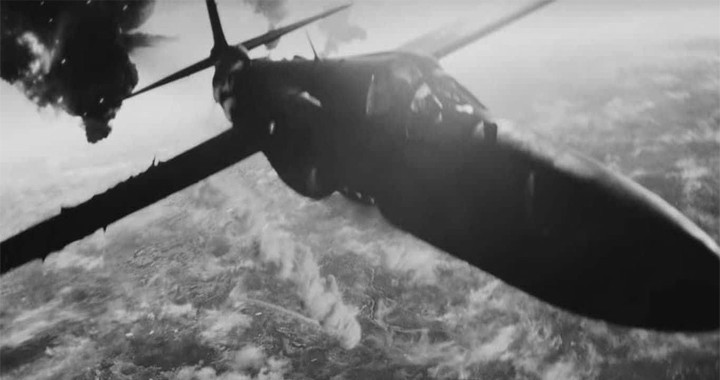U2 Spy Plane Incident

At 6:20 AM on Sunday, May 1st, 1960, Francis Gary Powers taxied onto the runway at Peshawar airbase in Pakistan.
Engineered to fly at 70,000 ft with a range of 7,000 miles, Powers flew the U2 spy plane into Soviet airspace for his 28th mission. Flying in radio silence, Powers was scheduled to pass over the Hindu Kush range of the Himalayas into the southern USSR passing over a 2,900-mile swatch of Soviet territory. A tense 9-hour flight into enemy terrain.
Over Sverdlovsk (present-day Yekaterinburg) he felt a violent shudder of his aircraft just as he lost control as the plane leaned into a spin. Powers parachuted into soviet territory where he was swiftly made a prisoner of war. Initially, US authorities acknowledged the incident as a loss of a civilian weather research aircraft operated by NASA but were forced to admit the missions true purpose when a few days later the Soviet government produced the captured pilot and parts of the U-2 plane including photographs of soviet military bases taken during the mission.
Powers was convicted of espionage and sentenced to 3 years of imprisonment plus 7 years of hard labor but was released 2 years later on Feb 10, 1962 during a prisoner exchange for soviet officer Rudolph Abel. Abel had been arrested by the FBI in 1957 on charges of conspiracy in the United States.
The incident occurred during the presidency of Dwight D Eisenhower and the premiership of Nikita Khruschev. Around 2 weeks before the scheduled opening of an East-West summit in Paris. It caused great embarrassment to the US and prompted a marked deterioration in the the relations with the Soviet Union already strained by the early days of the Cold War.
As a result of the Spy Plane incident and the attempted cover-up by the American government. The Four-power Paris summit was not completed. At the beginning of the talks on May 16th there was still hope that the two sides could come together even after the events that had taken place on May 1st but Eisenhower refused to acknowledge or apologize for the incident and Khrushchev left the summit one day after it began.
